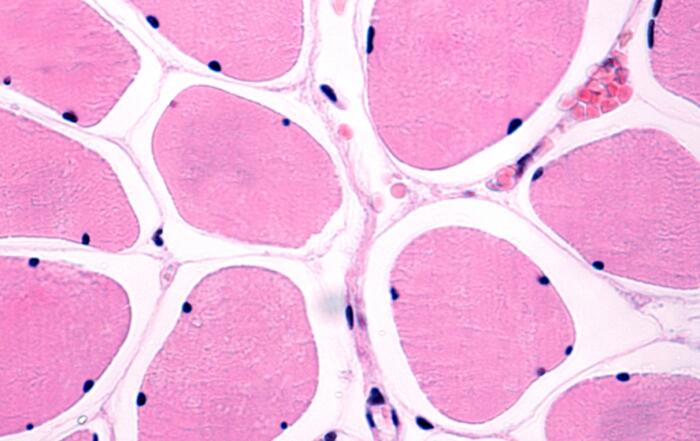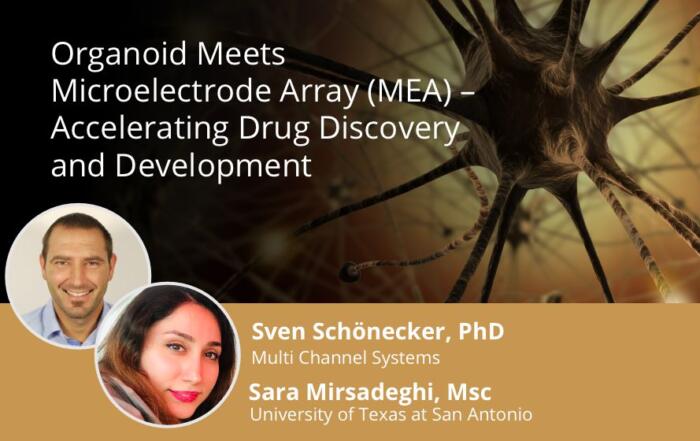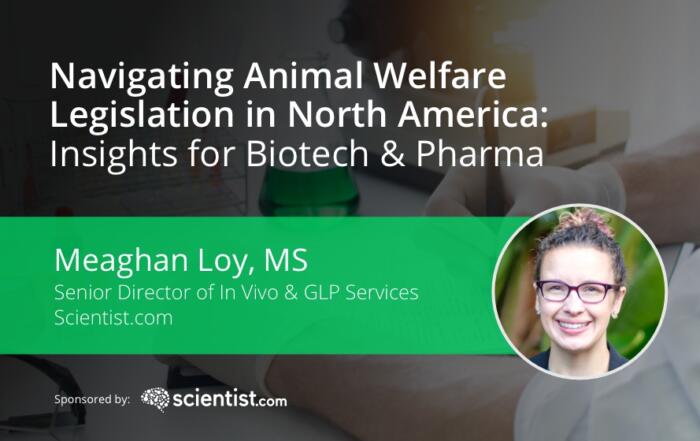Industry professionals define what it means to publish Open Access, the different types, factors that influence funding, and share how to manage related fees from grants and budgets in several examples.
Researchers, including published authors and APS members, understand that rapid and widespread dissemination of physiological research can advance the field. Open Access (OA) publishing is frequently mentioned as a path toward this future, but what does this mean for researchers?
In this APS webinar, industry experts, Lisa Janicke Hinchliffe and Dr. Dennis Brown, will take a closer look into Open Access from the perspective of the scientist. First, Lisa Janicke Hinchliffe, Professor for Information Literacy Services and Instruction from the University of Illinois at Urbana-Champaign, will give an overview that defines OA, outlines the different types, and the factors that drive funding.
Following, you will hear examples form scientist who have published extensively in Open Access models to learn how they handle related fees from their grants and budgets. And more specifically, what options are available to APS authors. Case examples will be provided from:
- Patricia E. Molina, MD, PhD – LSUHSC New Orleans, LA
- Ole Petersen, CBE, FRS – Cardiff University
- Josephine C. Adams, PhD – University of Bristol, UK
- René J.M. Bindels, PhD – Institute for Molecular Life Sciences, Nijmegen, the Netherlands
- Alicia Schiller, PhD – University of Nebraska Medical Center
Key Topics Include:
- Open Access Typology – Gold, Green, Brown, Hybrid and others
- Benefits to authors
- Types of publishing costs
- What are transformative agreements?
- Specific examples from the perspective of a researcher
Click to watch the webinar recording. To view the presentation full screen simply click the square icon located in the bottom-right corner of the video-viewer.
Presenters
Professor for Information Literacy Services and Instruction
University of Illinois
FAPS Chief Science Officer / Professor of Medicine / Director
Massachusetts General Hospital Program in Membrane Biology
Harvard Medical School







